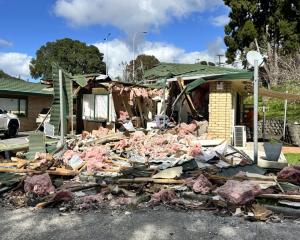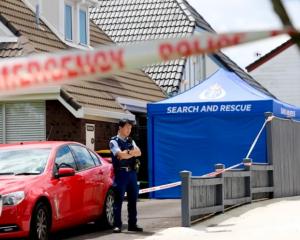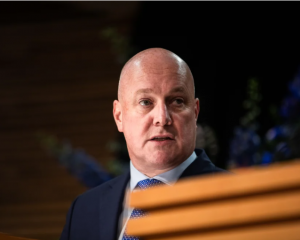
Hora Hora School principal Pat Newman, who has been in the profession for more than 50 years, shared the post earlier this week reminding parents that education starts at home.
He first saw the post elsewhere and was inspired to share it, making a few adjustments of his own based on what he felt fit his school.
The post asked parents to sit down with their children and explain that differences are okay, teasing hurts and that kids should go to school to learn - not compete.
There were 29 habits listed that students should learn and say, such as being honest, not littering, having manners and respecting the rules.
Newman was shocked when he learned the message had been heeded across New Zealand and in Australia, Samoa and the United States. The post even got a share from the region’s health authority, Te Whatu Ora Te Tai Tokerau.
It had been shared over 3000 times as of Wednesday afternoon. Newman believed the post hit a note because it defined the role of both parents and teachers.
“I think if they actually put into action what those words mean, we will have a fantastic change in our society,” he said.
While the post has been praised, some readers disagreed with either one or all of the sentiments shared.
A person who shared it said it was a case of “perception versus reality”. They said a lot of tamariki do not come from functional homes and, they believed, that kura - schools where the teaching is in te reo Māori and is based on Māori culture and values - help fill this void.
Newman said the post was by no means a “one size fits all” approach. He understood not all people would agree.
“What it was written for was actually what every child has a right to,” he said. “It’s what every family has a responsibility to and every school has a responsibility to.”
He recognised sentiments included in the post would not be the reality of some tamariki but said that is where wider whānau, friends, the community and agencies have a responsibility to help.
“That’s where we are all failing. If the whānau itself is not functioning, to me the first responsibility is their wider whānau. And if that’s not functioning then other people have to step in.”
Newman said the post was by no means signalling that the school would walk away from the needs of children.
“At the end of the day the schools end up doing a hell of a lot, but if 90 per cent of our families did what we’re talking about, then life would be better for everybody”.













